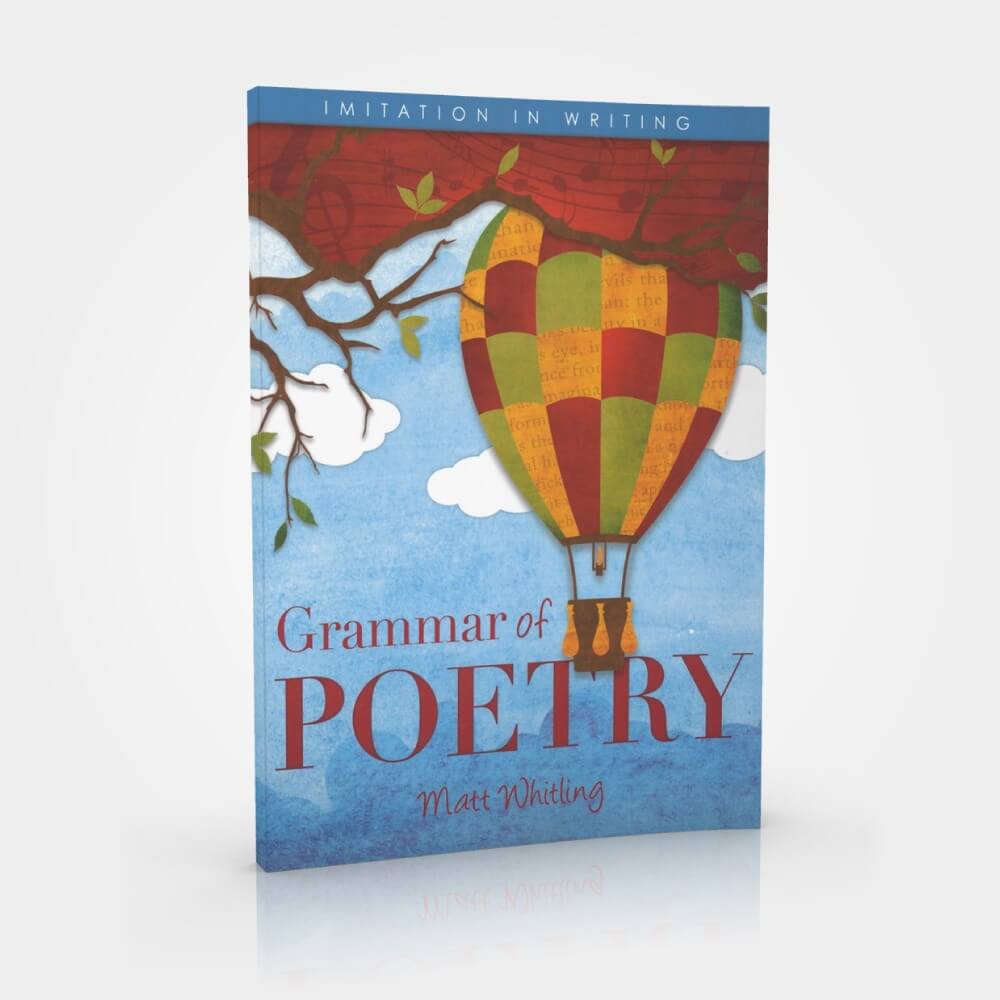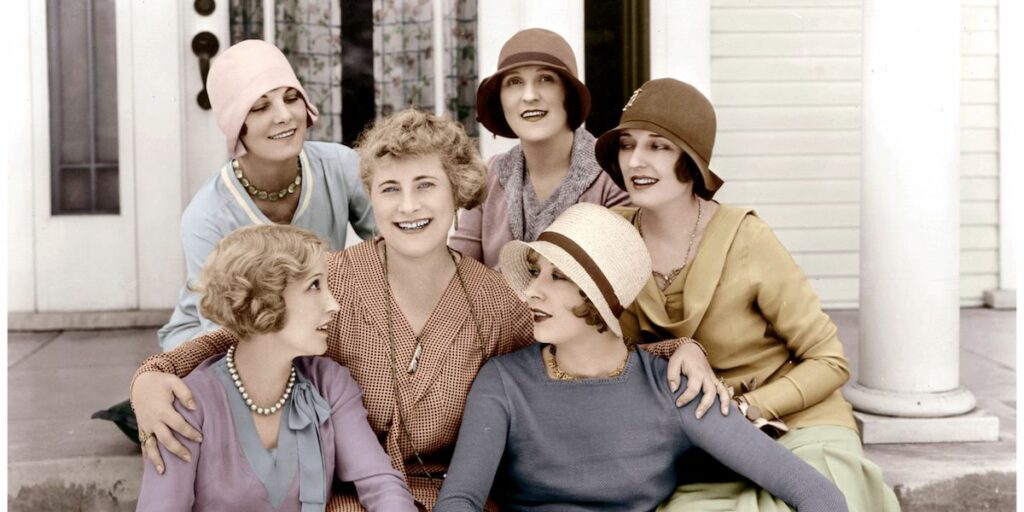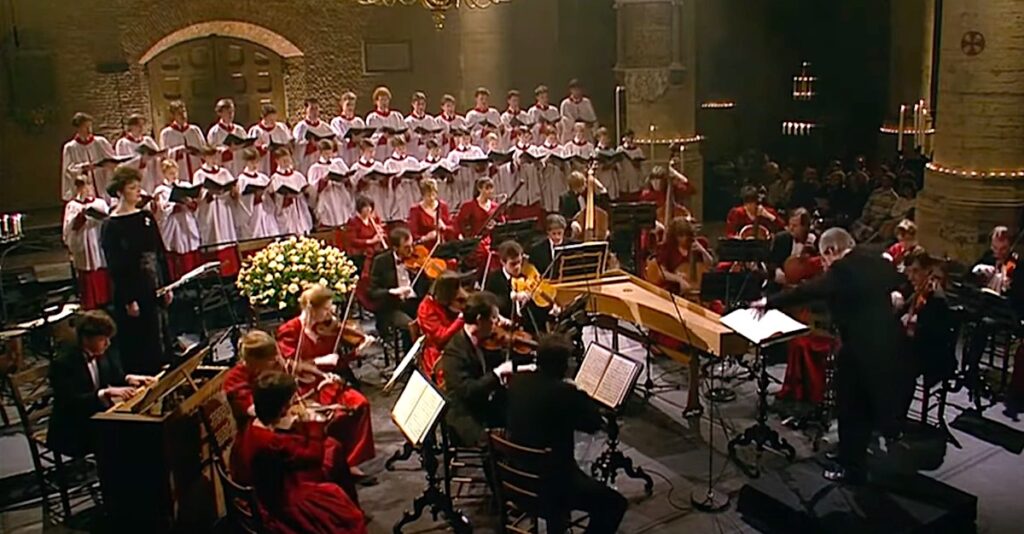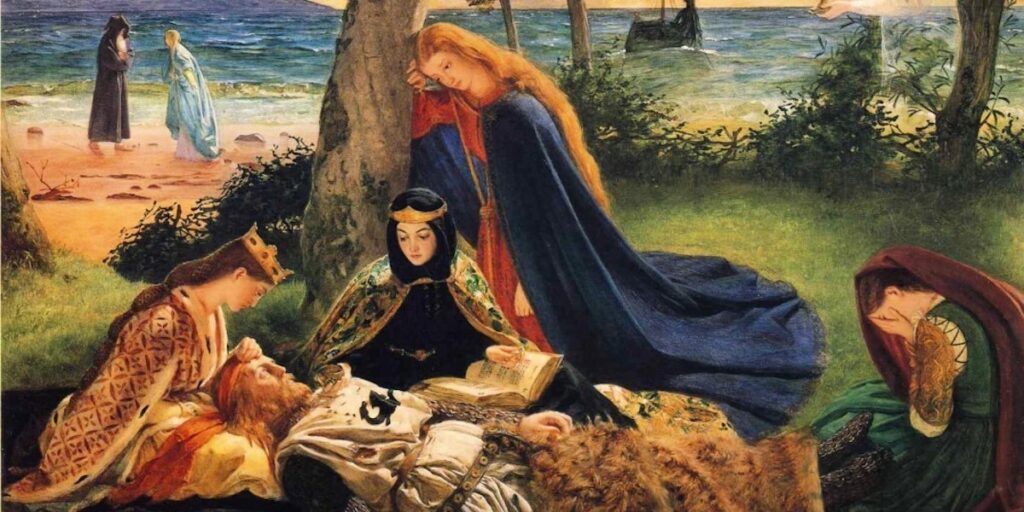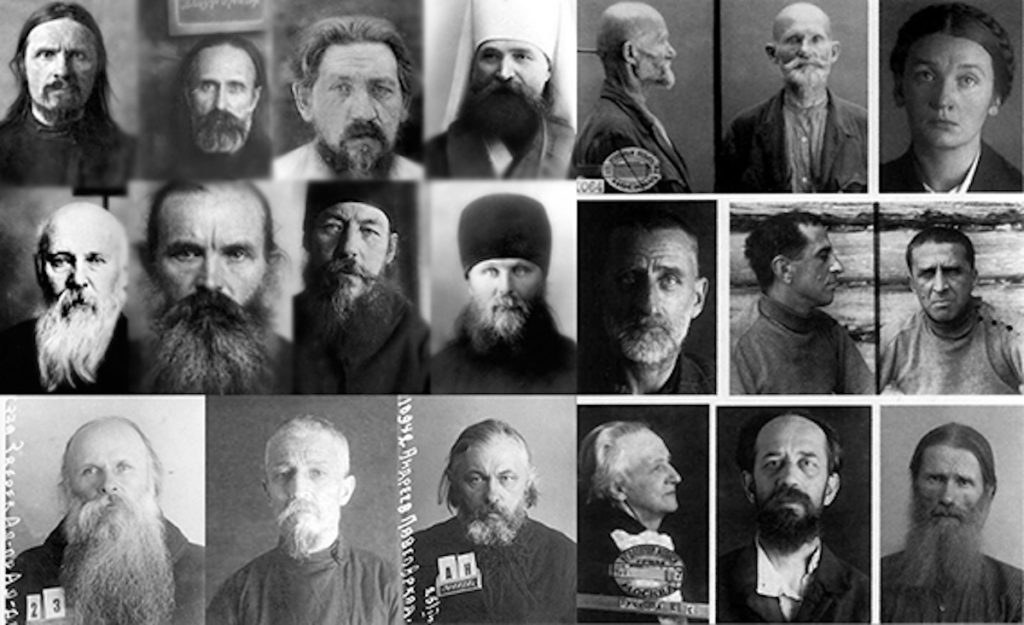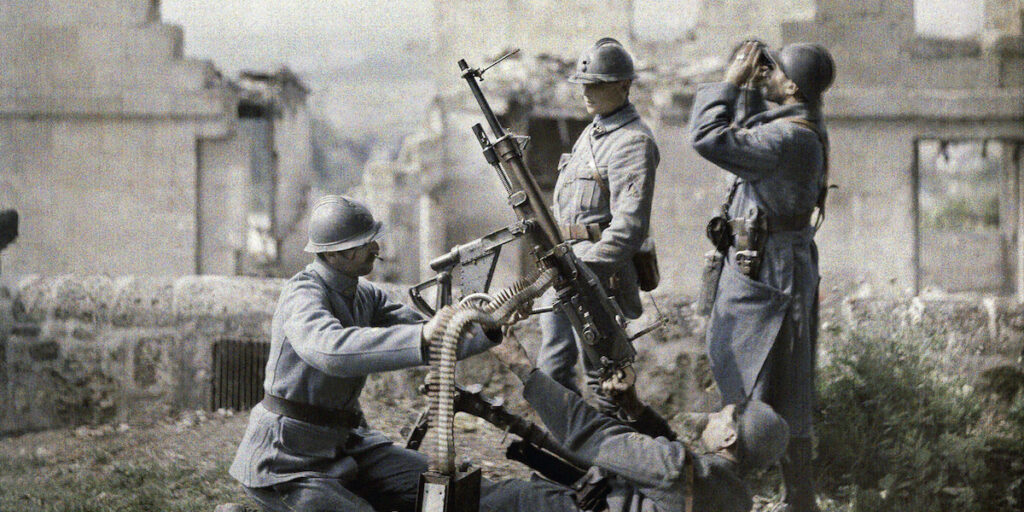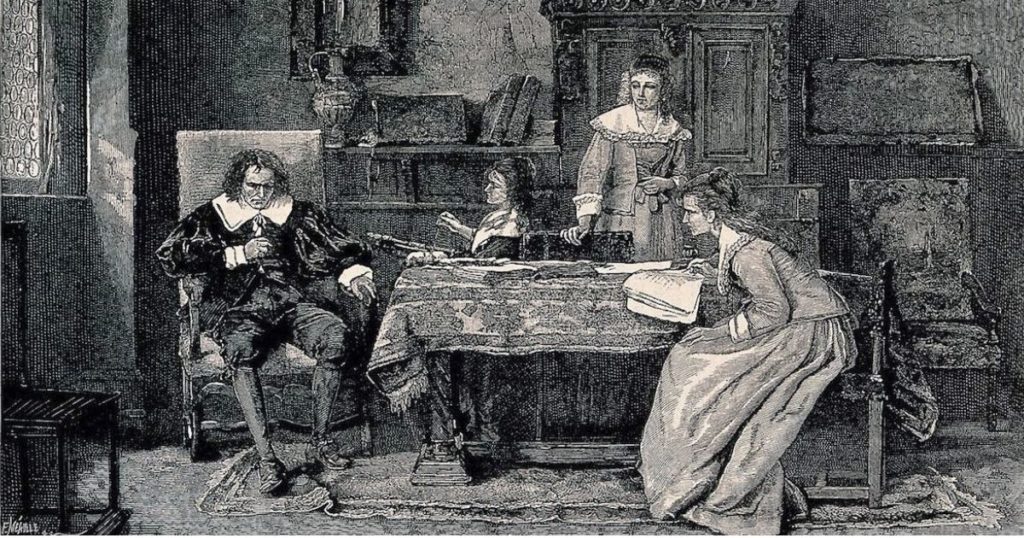
Discovering the Poet John Milton
We’d like to introduce you to an amazing poet born in 1608. He was certainly a genius, but a temperamental one at that. He decided at a young age that he was going to write an epic poem. He spent much of his life learning, studying, and preparing to do so. This poet was John Milton.
Discovering the poet John Milton
Unfortunately, the English Civil Wars interrupted his grand plans. Milton was caught in the middle of the political divisions between the high-church Royalists and the low-church Parliamentarians. Instead of poetry, he spent much of his time writing political tracts against the Royalists.
When the Royalists began to gain power, they threw Milton in prison. He would probably have been executed shortly thereafter if it were not for his friend, Andrew Marvell, who stepped in and basically told the Royalists, “Trust me, you do not want to be the men who killed John Milton.” They did trust him, which is why we have one of the greatest works of English literature ever written: Paradise Lost.
Paradise Lost
Paradise Lost is an epic poem written in blank verse, composed of more than ten thousand lines of iambic pentameter. Here’s a quick poetry lesson. Do you remember Virgil’s Aeneid and Homer’s Iliad and Odyssey? They’re all epic poems. An epic poem, to put it simply, is a narrative poem, a story in verse. Blank verse just means that the lines do not rhyme. Iambic pentameter is a type of meter. Iambic pentameter has five feet (foot = two syllables) of short, unaccented syllables, followed by long, accented syllables.
Milton’s Paradise Lost is a story of, well, lost paradise. Milton takes on the very small task of telling the origin of mankind and salvation and “to justify the ways of God to men” (Book I, line 25). No big deal.
In its scope alone, Paradise Lost is breathtaking. Milton knew his Scriptures and claimed to have read every book every published up until then. Milton’s poetry depicts the fall of Satan, the promise of redemption, the beauty of the sight of creation and Eden, and Satan’s inability to see it. “The Fiend saw undelighted all delight.” Milton’s book reminds us that sin is much darker and more grotesque than we like to think; that evil doesn’t exist on its own, but is only a perversion of Good; that God’s Mercy is infinite and unbounded.
The Father sat on His throne, knowing these creatures would spit in His eye, and yet He still gladly gave up His only Son so that they could be made His own beloved children. “Heav’nly love shall outdo Hellish hate.”
Paradise Lost is this: theology in glorious meter. It is the reality of sin, man, light, darkness, beauty, desire, salvation, love, justice, and mercy in verse. Read it yourself. Read it to your kids. Read it again and again and remind yourself of what we were, what we are, and what we will become — all because of the great love of the One who is Love.
Milton, who himself was blind, wrote in his famous Invocation to God as Light:
Of Natures works to mee expung'd was ras'd, And wisdom at one entrance quite shut out. So much the rather thou Celestial light Shine inward, and the mind through all her powers Irradiate, there plant eyes, all mist from thence Purge and disperse, that I may see and tell Of things invisible to mortal sight. (III. 48-55)
Grammar of Poetry
Designed for a semester at the 6-9th grade level, Grammar of Poetry is perfectly appropriate for anyone with basic writing skills and the desire to learn poetry.

